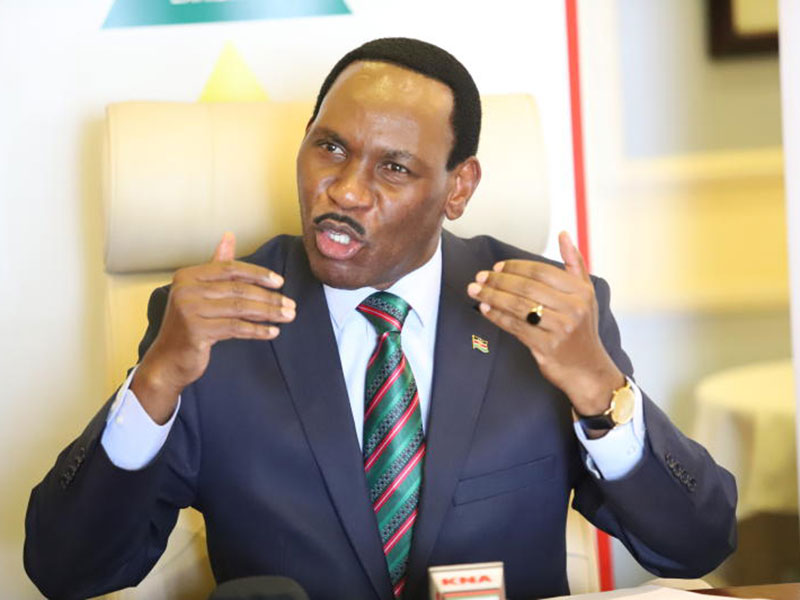×
The Standard e-Paper
Fearless, Trusted News

I’ve met Ezekiel Mutua a couple of times and, know what? He’s far less annoying in person. He’s not the intolerant ogre that he seems to be. He just has a funny way with words.
Even if he’s saying something you might agree with, nine out of 10 times, his delivery will change your mind, which is very unfortunate because he’s often at the centre of very important conversations. The type of conversations that we all desperately need to have. One conversation that immediately comes to mind is the one around Rafiki.